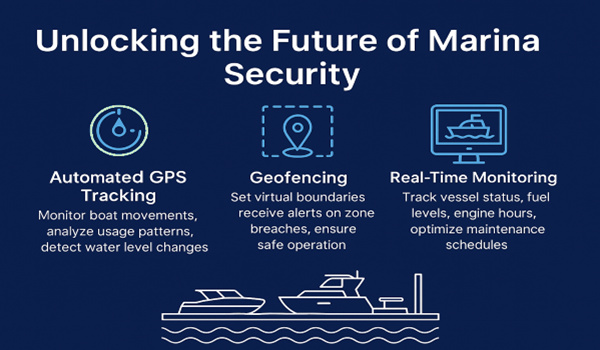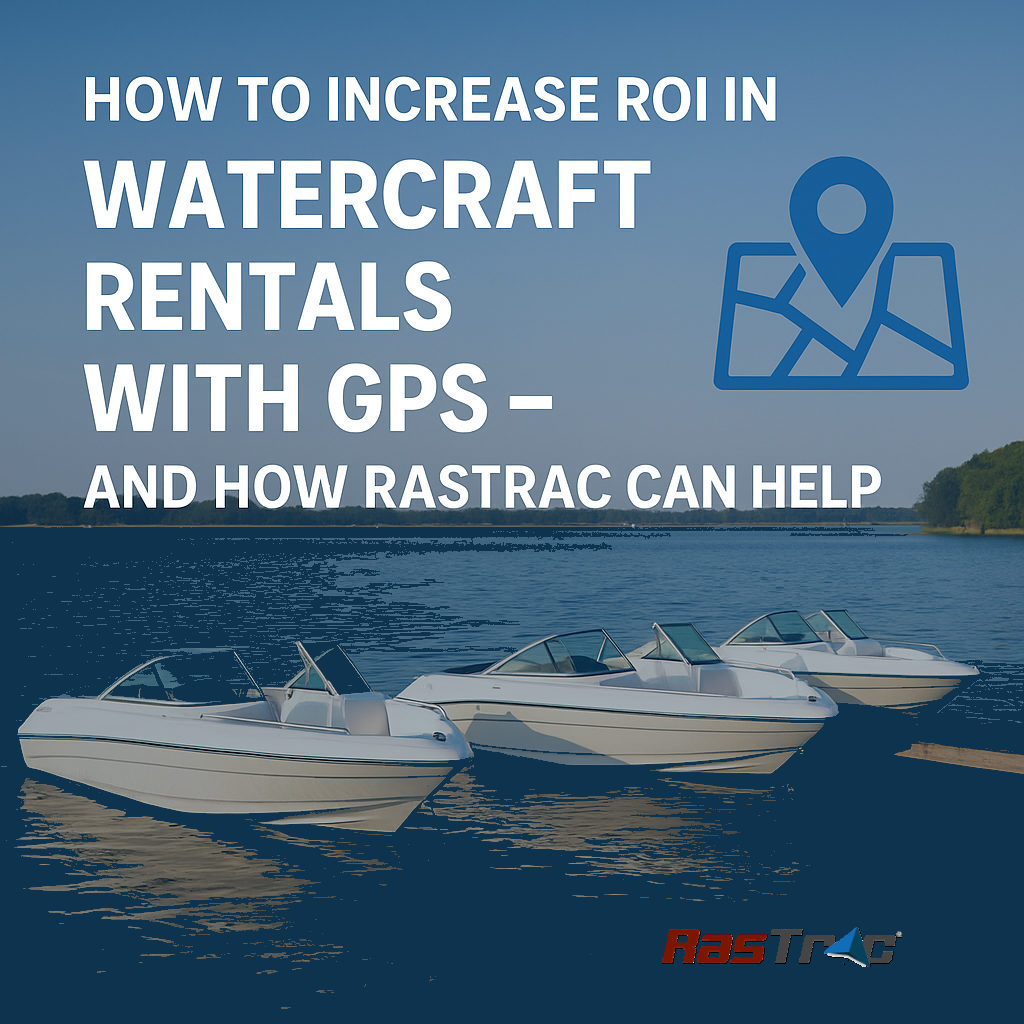- 12741 Research Blvd. Suite 500 Austin, TX
- sales@rastracmarinevision.com
- (877) 680-1188
The Rising Insurance Costs for Marinas – How GPS Tracking Can Help Lower Premiums
Marinas play a vital role in the boating industry, providing secure docking, maintenance, and various amenities for watercraft owners. However, in recent years, insurance costs for marinas have been on the rise due to increasing claims related to theft, environmental hazards, and accidents. As premiums continue to climb, marina owners are searching for ways to reduce risks and demonstrate better management practices to insurers. One effective solution is the implementation of GPS tracking technology.
Why Are Marina Insurance Costs Rising?
Several factors contribute to the increasing insurance costs for marinas:
How GPS Tracking Can Reduce Insurance Costs
GPS tracking technology has become a game-changer for marina operators looking to reduce risks and lower their insurance premiums. Here’s how:
GPS tracking systems allow marina operators to monitor the real-time location of watercraft, trailers, and equipment. With geofencing capabilities, alerts can be sent when an asset moves beyond a designated boundary, helping prevent theft. In the event of theft, GPS tracking aids in quick recovery, reducing financial loss and insurance claims.
Marinas can establish geofences around hazardous areas, such as shallow waters, submerged obstacles, or restricted zones. When a watercraft enters these high-risk areas, immediate alerts can be sent to the watercraft operator and marina staff /owner to prevent accidents. Reducing the number of accidents within the marina can lead to lower liability claims and reduced premiums.
Tracking watercraft movements and usage patterns allows marina operators to implement better maintenance schedules. Well-maintained watercraft and docks reduce the likelihood of accidents and breakdowns, which can lead to fewer insurance claims and lower premiums.
With GPS tracking, marina security teams can quickly respond to suspicious activity or unauthorized movements. The ability to monitor watercraft traffic and dock usage in real time allows for better incident prevention and quicker responses, reducing insurance risks.
Insurance companies often reward businesses that take proactive steps to mitigate risks. By utilizing GPS tracking and geofencing, marinas can present data-driven evidence of their security measures, reducing their perceived risk profile and qualifying for lower premiums.
Conclusion
As insurance costs for marinas continue to rise, implementing GPS tracking and geofencing solutions can provide significant benefits. By improving security, preventing accidents, and enhancing overall risk management, marina operators can not only protect their assets but also negotiate better insurance rates. Investing in GPS tracking technology is a proactive approach to reducing liabilities, improving operational efficiency, and ultimately lowering insurance premiums.

Rastrac complements any organization-wide quality assurance program and can help their fleet become the model for operational superiority.
Rastrac helps clients make improvements in processes, organization, financials, communications, and technology. Clients that have taken advantage of Rastrac’s ability to provide solutions tailored to their business are in a wide variety of industries. Rastrac can help you find a solution, too.
We’d love to discuss how we can help you.







